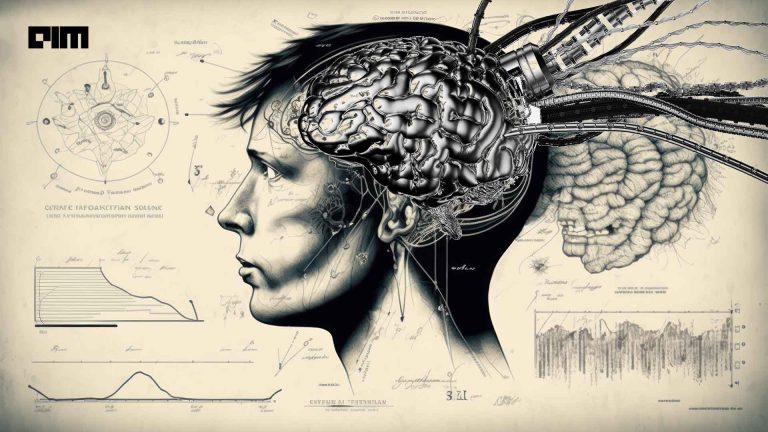|
Listen to this story
|
In a study published on Monday, researchers from Google Research and Johns Hopkins University have shed new light on the efficiency of artificial intelligence (AI) models in image generation tasks. The findings, which challenge the common belief that bigger is always better, could have significant implications for the development of more efficient AI systems.
The study, led by researchers Kangfu Mei and Zhengzhong Tu focused on the scaling properties of latent diffusion models (LDMs) and their sampling efficiency. LDMs are a type of AI model used for generating high-quality images from textual descriptions.
You can read the paper here.
To investigate the relationship between model size and performance, the researchers trained a suite of 12 text-to-image LDMs with varying numbers of parameters, ranging from 39 million to a staggering 5 billion. These models were then evaluated on a variety of tasks, including text-to-image generation, super-resolution, and subject-driven synthesis.
Surprisingly, the study revealed that smaller models can outperform their larger counterparts when operating under a given inference budget. In other words, when computational resources are limited, more compact models may be able to generate higher-quality images than larger, more resource-intensive models.
The researchers also found that the sampling efficiency of smaller models remains consistent across various diffusion samplers and even in distilled models, which are compressed versions of the original models. This suggests that the advantages of smaller models are not limited to specific sampling techniques or model compression methods.
However, the study also noted that larger models still excel in generating fine-grained details when computational constraints are relaxed. This indicates that while smaller models may be more efficient, there are still situations where the use of larger models is justified.
The implications of this research are far-reaching, as it opens up new possibilities for developing more efficient AI systems for image generation. By understanding the scaling properties of LDMs and the trade-offs between model size and performance, researchers and developers can create AI models that strike a balance between efficiency and quality.
These findings align with the recent trend in the AI community, where smaller language models like LLaMa and Falcon are outperforming their larger counterparts in various tasks. The push for building open-source, smaller, and more efficient models aims to democratise the AI landscape, allowing developers to build their own AI systems that can run on individual devices without the need for heavy computational resources.



















































































